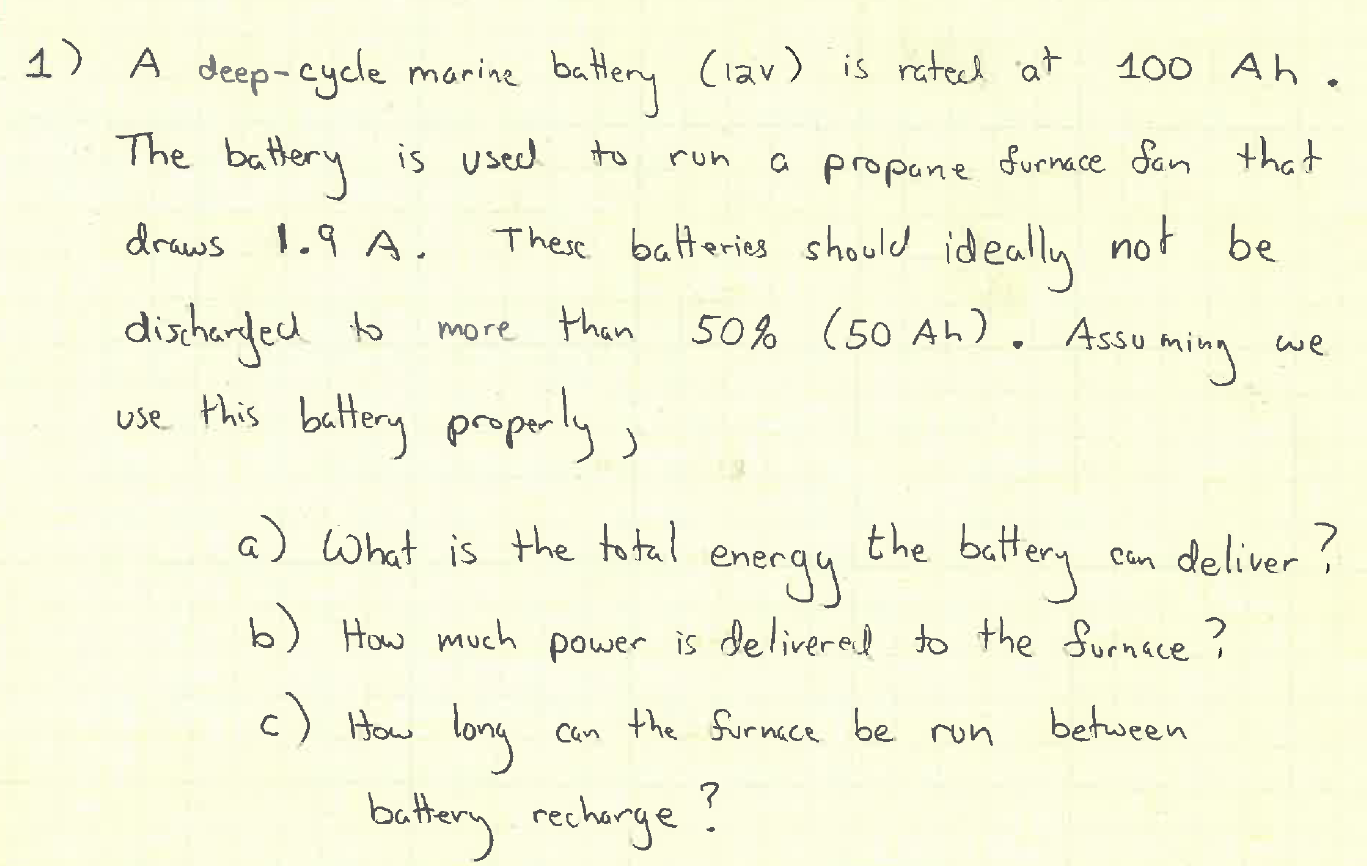



The wife, who has gone into her husband’s body, helps the protagonist through his day, frequently becoming frustrated, often to the point that she comes across as shitty and rude. (2000], which slyly begins, “He tries to put himself in her position.” From there, the protagonist enters into the body of his wife, who is confined to a wheelchair and needs help getting in and out of bed, going to the bathroom, etc. One of the first Dixon stories I read was “The Switch” from the short story collection I. She shows up constantly-sometimes as an aside, and sometimes more centrally. The sick wife is certainly one of the more memorable elements of Dixon’s fiction. The thread of the voice seems considerate, open, placing the heavy beside the light, and carrying its experience the way skin does: by simply being. There’s something surprisingly moving, not necessarily in any one thread of conversation, but in the way it begins to click together, the way the lives knit and build so freely, having amassed so much time.

Got up fast to continue his run-’you know Dad’-and tripped much harder this time because he didn’t know he’d broken a leg in the first fall, and then hit his head.” When one of the men gets sick, his wife becomes the voice at the other end of the phone, suddenly shifting the entire feel of the narrative, and the range of possible observations. Or a heart attack or stroke while he was running. Or he could have tripped on a tree root or rock and banged his head so hard he got a blood clot and died. Death is described with the same clipped, meandering tone as having breakfast: “It could have been a tree that fell on him while he was running. The men call when there is something to say, and sudden juts of recollection pop up naturally, in conversation. The narration, rather than depicting scenes or laying out the sprawl of two old dudes getting old together, works almost like memory itself does. Old Friends (2004), for example, consists mostly of a series of conversations between two aging men who have spent their lives close to each other, working as professors, trying to write. The narration can jump years ahead in the breadth of one paragraph, and then back again, assembling in its wake a continually widening picture of a life, without the necessity of framing, reenactment, and formality that other “realistic” novels often work within. Much of his writing is composed as if it were spoken aloud, and the sentences are often long and change course, sometimes midthought. The foundation of Dixon’s writing is in human interactions-not a field I’m usually hellishly into.


 0 kommentar(er)
0 kommentar(er)
